ussporthistory.com/2019/11/23/review-of-the-new-york-yankees-in-popular-culture-critical-essays/
|
Here's a review I wrote for Sport in American History about The New York Yankees in Popular Culture, edited by David Krell:
ussporthistory.com/2019/11/23/review-of-the-new-york-yankees-in-popular-culture-critical-essays/
0 Comments
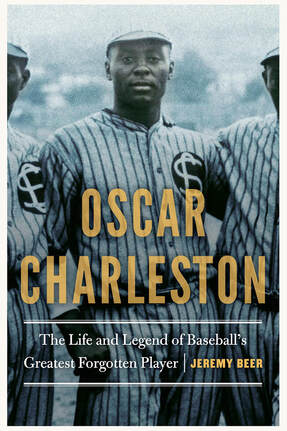 Baseball is a sport steeped in history and tradition, and it is an added bonus when a writer can enrich our understanding of the game and the players who shaped it. This is particularly the case with black baseball. Recordkeeping was limited and hazy when the Negro Leagues were operating, and newspaper accounts were sporadic and at times unreliable. And that was in the black press. Even though newspapers consisted of black ink on white paper, very few black athletes received a great deal of ink during their careers from the white press. Thanks to the National Baseball Hall of Fame and the work of Negro League historians, deserving players have been enshrined. But while the casual fan can name Satchel Paige or Josh Gibson as stars when only the baseball was white, Oscar Charleston draws puzzled looks. That’s unfortunate, because Charleston excelled as a player and manager and was inducted into the Hall of Fame in 1976, 22 years after his death. What is fortunate is a new, deeply researched and thorough account of Charleston’s life. In Oscar Charleston: The Life and Legend of Baseball’s Greatest Forgotten Player (University of Nebraska Press; hardback; $29.95; 417 pages), Jeremy Beer takes a deep dive into the career of a five-tool player who would have been a superstar in the major leagues — if there had been no color line. Alvin Moses of the Pittsburgh Courier wrote that Charleston hit “with the cunning of a Ty Cobb and the power of a Babe Ruth” was a fast baserunner and played the outfield “only like a Tris Speaker could.” There have been some fine books written on black baseball and the Negro Leagues. Some of the best are about pitcher Satchel Paige — easily coming to mind are Larry Tye’s 2009 work, Satchel: The Life and Times of an American Legend; and Averell “Ace” Smith’s 2018 book, The Pitcher and the Dictator. But while Charleston has been mentioned in books about stars of the Negro Leagues, researchers were hampered by a lack of solid information. The Jim Crow era was not conducive to accurate statistics, so one can only speculate what complete Charleston’s statistics were. The Hall of Fame credits Charleston, who played from 1916 until 1941, with a lifetime .339 average, with 141 home runs, 602 RBI and 226 stolen bases. Beer compiled statistics from seamheads.com and reports that Charleston had a .352 average with 209 home runs, 1,264 RBI and 358 stolen bases. Beer’s numbers reflect exhibition games and Cuban League totals. It is unlikely there will ever be complete statistics for Charleston, but even these two samples show his talents were considerable. Beer was able to access Charleston’s personal scrapbook and photo album, “unpublicized and unindexed,” at the Negro Leagues Museum in April 2016. The articles, cartoons and photographs, which spanned 40 years of Charleston’s life (from 1914 to 1954) proved to be invaluable and gives the reader a more rounded picture of Charleston and what made him tick. The album was put together by Charleston’s estranged widow, Janie, and was in the possession of Anna Charleston Bradley, who was the ballplayer’s niece. The scrapbook was the crowning piece in Beer’s research, which is extensive. His bibliography large and diverse, containing books, magazine articles and internet sites. Beer’s chapter notes are more than listings of sources. He adds context and nuance and explains points that might not have been immediately clear in his narrative. Charleston’s temper tended “to overshadow his abilities” in the minds of some writers, Beer writes. “Charleston could explode in rage,” Beer writes, “… But he was not a hooligan.” Tye said Paige’s pitching gave him a reputation similar to 19th century gunslingers. “It was the Wild, Wild West, and he was Jesse James,” Tye wrote in Satchel. That being said, Charleston carried a big stick in those days, and wasn’t afraid to use his fists, either, to mete out justice. n an October 1915 mixed-race game, Charleston punched an umpire — a white umpire — during a dispute when his teammate, Bingo DeMoss, began grappling with the arbiter. Even in a northern state like Indiana, Charleston’s actions could have brought about severe reprisals. Indianapolis in 1915 was not a friendly place for blacks to begin with, and “blacks who assaulted white representatives of authority were not assured of dispassionate justice,” Beer writes. While it might have been the “last time he ever ran away from a fight,” Charleston’s discretion allowed him to continue his career. Even though he was charged in absentia with assault and battery, Charleston slipped away to Cuba to play winter ball. The judge, meanwhile, treated Charleston with leniency. In 1924, Charleston lost his temper again in a game against the Harrisburg Senators. Called out on strikes, Charleston whirled to punch the umpire but was clocked with a counterpunch to the jaw by the arbiter. Beer traces Charleston’s life from his childhood in Indianapolis, providing a vivid slice of life in the black section of Indiana’s capital city. Indiana Avenue was “one of America’s most vibrant black communities,” Beer writes. Although several of Charleston’s brothers ran afoul of the law, Oscar avoided major trouble by enlisting in the Army, lying about his age and joining the service when he was 15. Charleston served in the Philippines, where he refined his baseball skills. When he returned to the United States, Charleston latched on with the hometown Indianapolis ABCs, where he had once been a batboy. From the mid-1920s, when he became a player-manager, Charleston emerged as one of the Negro Leagues’ top stars. In 1932, Charleston managed a Pittsburgh Crawfords team that was a who’s who of black baseball —Paige, Gibson, Cool Papa Bell and Judy Johnson were on the roster — along with Charleston. Charleston’s power was always respected by his peers and by reporters who saw him play. In 1924, according to media in Harrisburg, Pennsylvania, Charleston had hit 36 home runs by Aug. 24. Even though Charleston achieved these numbers against non-league games against semipro and club teams with exotic names — Shamokin, Conshohocken and Wentz-Olney — they were still “perceived as astonishing.” In 1935, Charleston hit three home runs as the Crawfords defeated the New York Cubans in a seven-game championship series. In an interesting sidelight, Beer recounts Charleston's long home run in 1926 against Lefty Grove, who was pitching for an American League barnstorming team put together by Earle Mack, the son of the Philadelphia Athletics’ owner-manager. Connie Mack. Many players remembered Charleston’s blast, but Grove “preferred to pretend not to remember this contest,” Beer writes. Beer digs into Charleston’s personal life, including his marriages. Most significantly, his second marriage to Janie Howard would set the tone for his life. Beer traces their courtship, their travels while Charleston played baseball for numerous teams and leagues, and their eventual estrangement. Beer also defines Charleston’s role as a scout during the 1940s for Branch Rickey. It was Charleston who pointed the Brooklyn Dodgers’ general manager toward players like Roy Campanella, but he had nothing to do with the recruitment of Jackie Robinson, Beer writes. There are times when Beer is forced to speculate, since records or primary sources are simply nonexistent. For example, he notes that Charleston “must have had considerable experience” playing baseball before joining the Army. Or, that Charleston “almost certainly gave substantial input” on players like Don Newcombe, Roy Partlow and Dan Bankhead. The only real glitch is Beer’s penchant to spell Ebbets Field as “Ebbetts.” Annoying, but only if you are an OCD baseball fan like me. It does not detract from the overall narrative. Beer includes an appendix that includes the statistics that can be verified about Charleston’s career. Certainly, it is incomplete, but even then it displays some impressive numbers — power, speed and batting averages in the Negro National League, Cuban League, Eastern Colored League, the Negro American League and even the Florida Hotel League. Charleston’s sudden death in 1954 prevented him from receiving more publicity and accolades. However, Beer, who is a founding partner of American Philanthropic in Phoenix and has written a previous book, The Philanthropic Revolution: An Alternative History of American Charity, in 2015, gives Charleston his due. Oscar Charleston fills a void in baseball history, providing context and nuance to a great player who was enigmatic in life — and in death. Here's a story I wrote for Sports Collectors Daily about Lelands fall sale:
www.sportscollectorsdaily.com/1915-ruth-signed-baseball-joe-jackson-voucher-among-lelands-fall-highlights/ |
Bob's blogI love to blog about sports books and give my opinion. Baseball books are my favorites, but I read and review all kinds of books. Archives
September 2023
Categories |
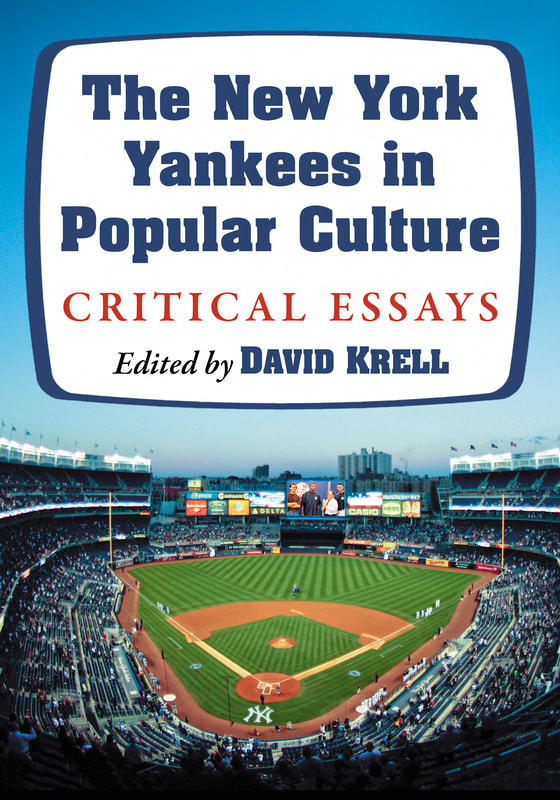
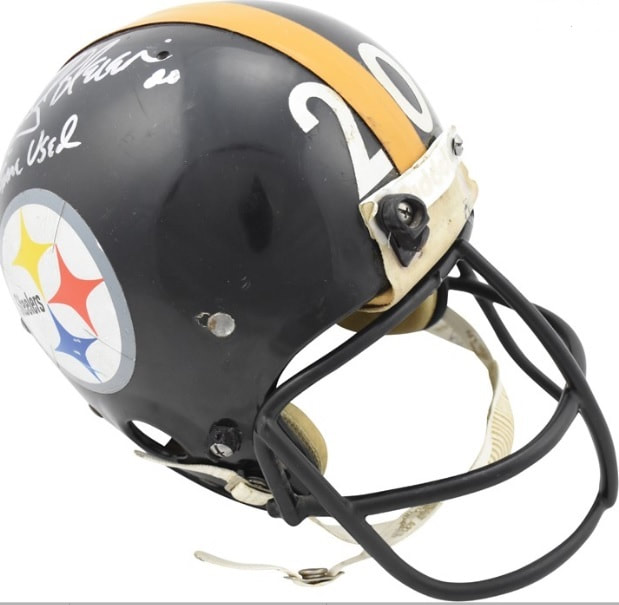
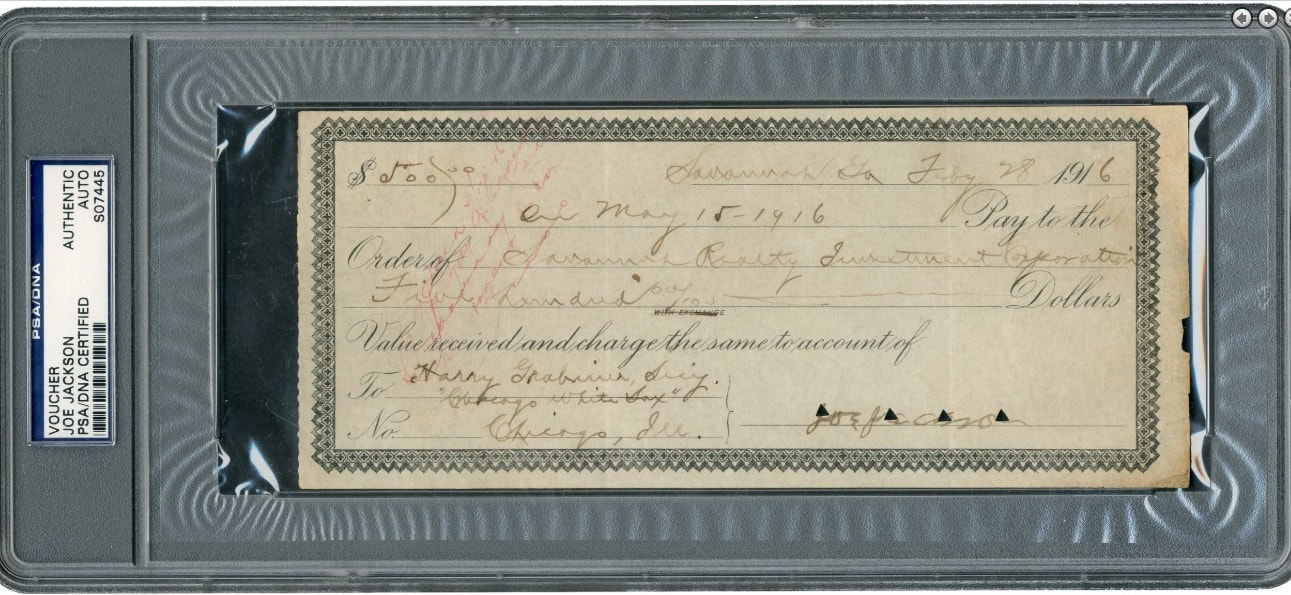
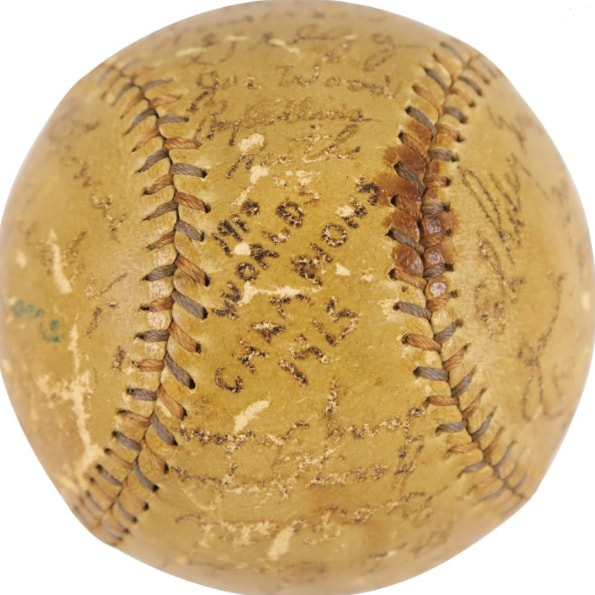
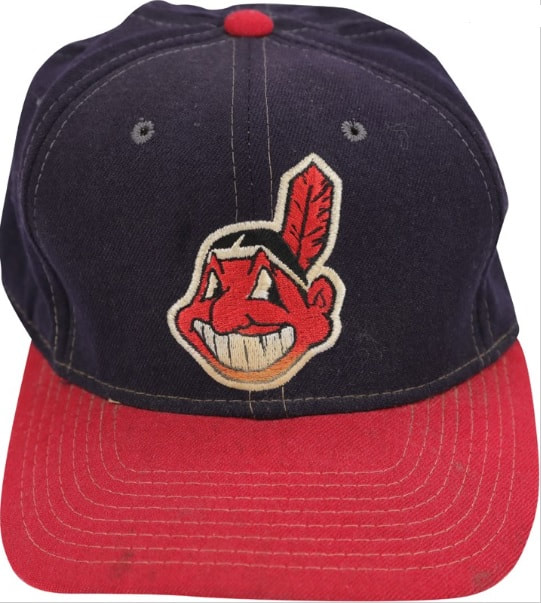
 RSS Feed
RSS Feed
